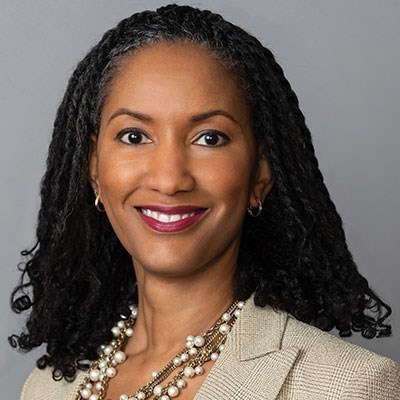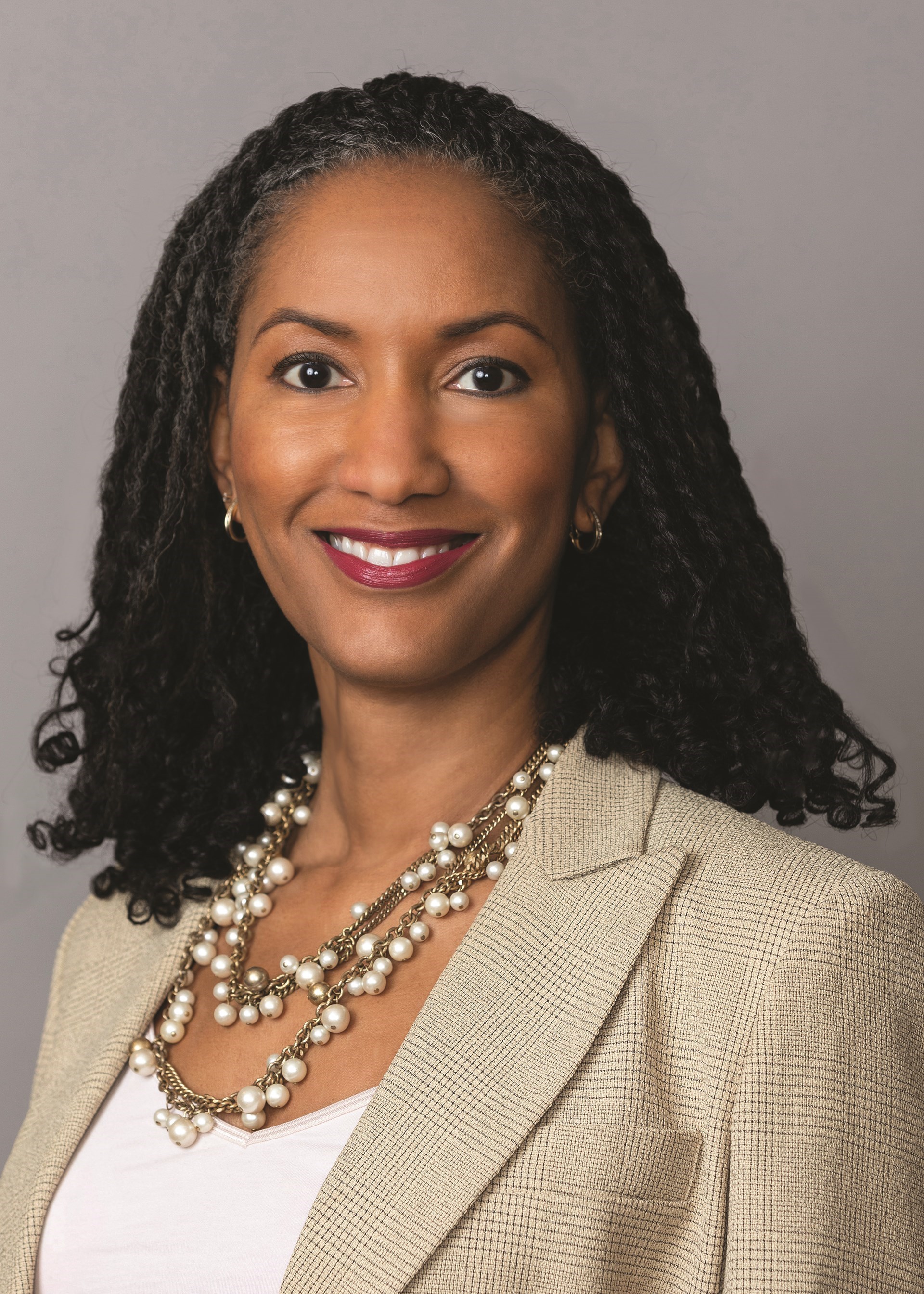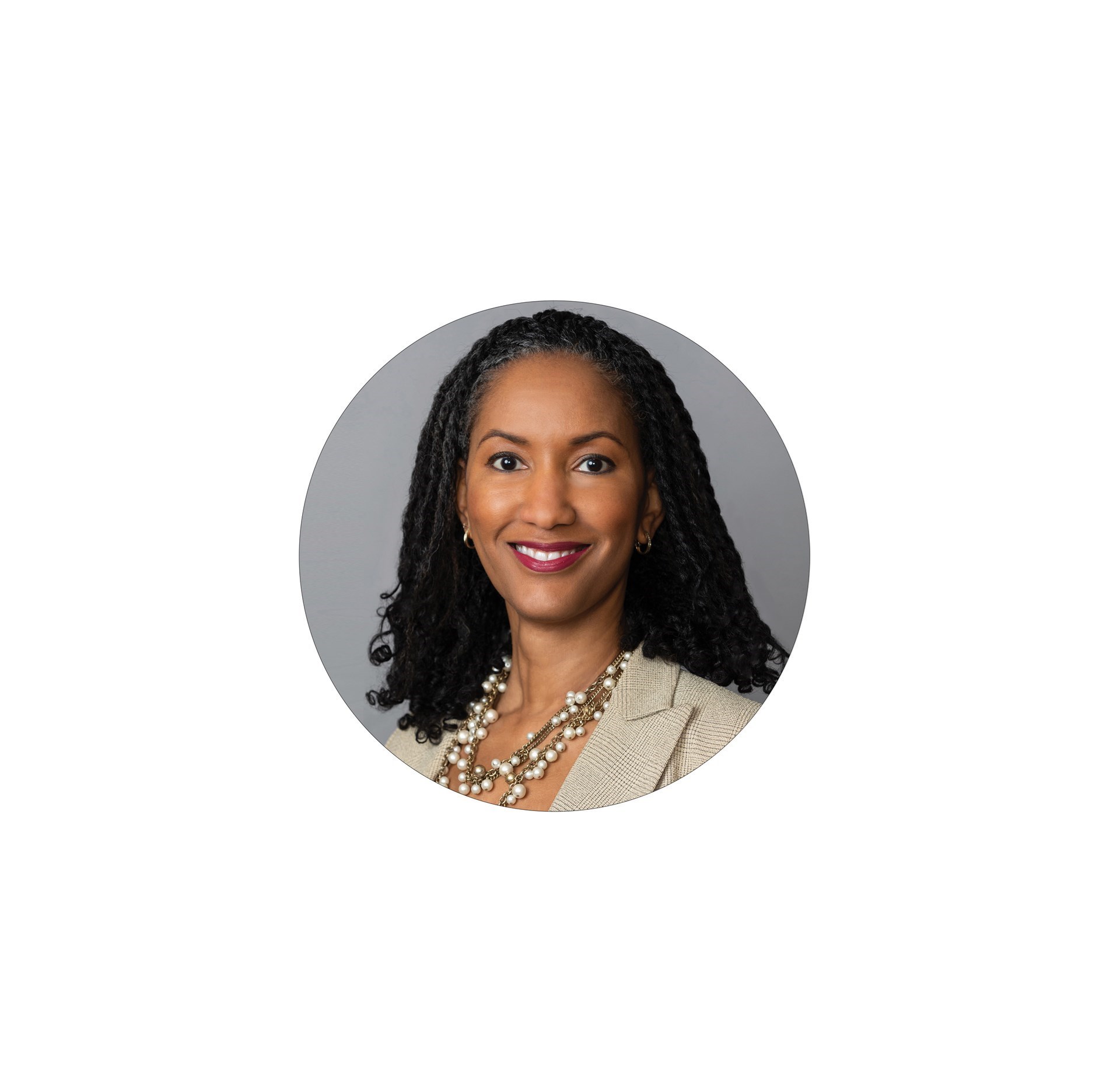Born and raised in Washington, DC, I have been fortunate to have a front-row seat to American democracy and its system of government. While governing bodies around the world function differently, in the US, our government benefits from collaboration, ongoing dialogue, innovative thinking, and immutable facts.
When young surgeons first go to Capitol Hill, they are often skeptical that their contributions will be important, particularly compared to more senior colleagues. It is important for those surgeons to know just how critical their voice is to the conversation.
Many of the influencers—Congressional aides and others who have the ears of our representatives and senators—are very interested in what all constituents have to say.
A significant majority of congressional representatives have no backgrounds in healthcare; yet they all vote on health policy issues that impact surgery and our patients. When we visit with our lawmakers, we are giving them the necessary context to make the best decisions for our patients. We are forging relationships with influencers who will seek us out as the trusted voice when they have questions about patient care.
Your voice is an important part of patient care.
The Power of Advocacy
Thanks to staff in our Washington office and our many members who meet with their lawmakers, taking time to explain issues important to the surgical patient, the ACS has had long and very successful relationships with key contacts at both the state and federal levels, as well as with regulatory and health agencies.
In September, we reached out to two lawmakers with whom we have strong ties to thank them for their introduction of the Supporting Medicare Providers Act of 2022. This legislation provides a critical lifeline to surgeons facing drastic Medicare payment cuts beginning in January 2023.
The lawmakers—Drs. Ami Bera (D-CA), an internal medicine physician, and Larry Bucshon (R-IN), a cardiothoracic surgeon—have worked very closely with us over the years to help ensure patients’ access to care, fix the broken Medicare payment system, and create solutions for other issues important to our specialty.
Although more work needs to be done, it’s essential that all surgeons in the US show their support for this bipartisan legislation by writing to their Representatives. You easily can do that through SurgeonsVoice at facs.org/advocacy/surgeonsvoice.
State-Level Wins
The ACS has had several recent advocacy wins at the state level, as well.
California has become the first state in the nation to require installation of trauma bleeding control kits in new buildings where people will congregate. The legislation is based on the ACS STOP THE BLEED® program.
We, through the ACS Committee on Trauma, members of several California state chapters, and organizations such as the Emergency Nurses Association and American Society of Anesthesiologists, played a significant role in passage of the legislation, which was signed into law on September 28.
On the other side of the country, in New York, fellows and residents now qualify for that state’s $1.2 billion healthcare worker bonus program. Initially, the program omitted medical residents from the list of eligible frontline healthcare workers slated to get a bonus for shouldering the brunt of patient care during the height of the COVID-19 pandemic.
After learning about that omission, the ACS and two of our New York chapters immediately weighed in—and lawmakers listened.
Both of these examples prove that when surgeons have a voice in the decision-making process, we can make a difference.
Firearm Injury Prevention
Another example of how surgeon voices can make a difference relates to efforts to reduce injuries from firearms.
In September, the ACS hosted a Medical Summit on Firearm Injury Prevention, along with the American College of Physicians, American College of Emergency Physicians, American Academy of Pediatrics, and the Council of Medical Specialty Societies. Professionals representing 47 multidisciplinary organizations from the across the country took part in the meeting at ACS headquarters in Chicago.
We are committed to working together and using our voices to end firearm-related tragedies that occur all too often. We must address the public health crisis of firearm violence; we must make our communities safer, and we must minimize the need for our services as a result of penetrating injuries on children and other victims of firearm violence.
This summit follows a similar meeting that was held in 2019, development of Firearm Safety Team (FAST) recommendations, and subsequent lobbying efforts to educate lawmakers about the importance of these recommendations.
This past June, the Bipartisan Safer Communities Act was signed into law and aligns with three of the FAST workgroup’s recommendations.
Engaging in the Process
As surgeons, there’s nothing more rewarding than saving a patient’s life. We do that in the OR every single day. It is also rewarding when our collective voice is used to influence policies that impact our colleagues and our patients.
Without a group of prescient and vocal surgeons, we might not have an emergency medical system or seatbelts in cars. Think about how many lives can be saved if STOP THE BLEED kits were accessible almost anywhere—not only in public buildings but also in homes and on farms, where several hundred farmers are killed annually, mainly from overturned trailers and other transportation accidents.
We, as a profession, and you, as an individual, are incredibly influential. You don’t necessarily have to get on a plane and travel to Washington to make a difference. You can meet with your lawmakers when they are in their home district. You can invite them to your office or hospital for a tour. You can learn more about the ACS Professional Association SurgeonsPAC.
We care for politicians and their families, we operate on their children, and we save the lives of their parents in our facilities. We likely have one or two degrees of separation from every single person on Capitol Hill through our vast membership. We must leverage those contacts and have conversations with policymakers.
We can also use our voice by writing letters, sending emails, and making phone calls. It is essential that each of our voices is heard. Each correspondence is counted, and the higher the number, the more we will move the needle.
The ACS has tools and resources to help you participate in this process. You can access them at facs.org/advocacy. You can also stop by the Advocacy booth during Clinical Congress and learn more about how you can help.
Advocacy makes a difference, and we can help drive that difference together.
The Board of Regents of the American College of Surgeons has approved a change in title for its Executive Director to Executive Director and CEO. This will facilitate the fulfillment of government reports and the execution of documents that reference a CEO.








